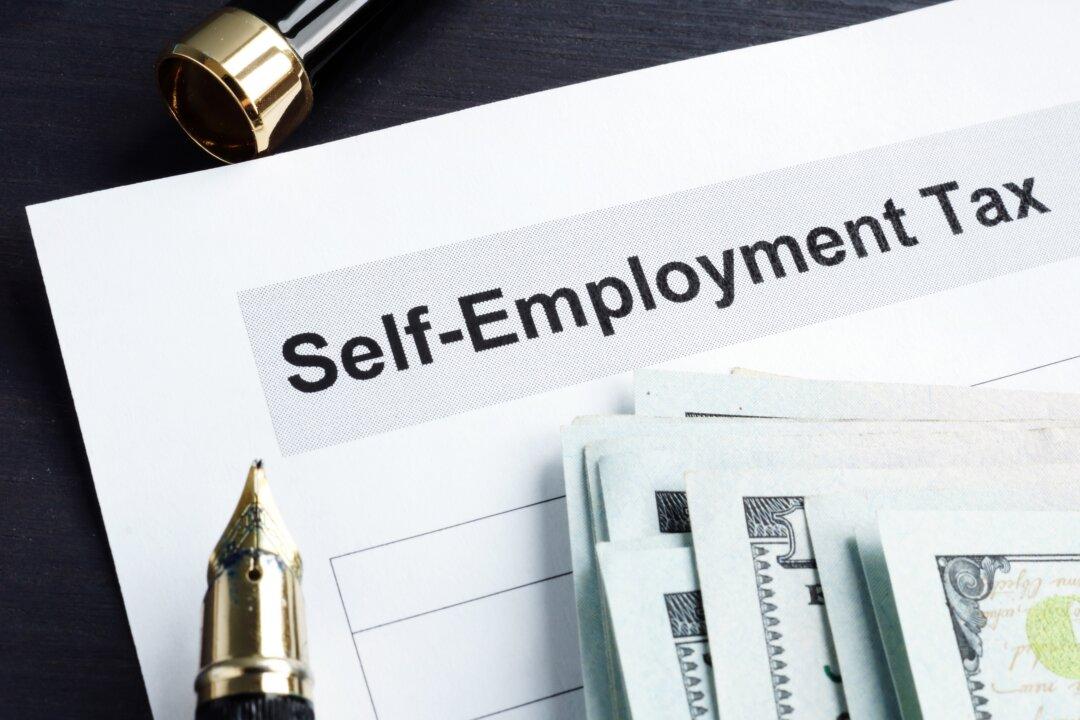The demand for financial literacy education among high school students has increased in recent years. With ease of access to bank accounts and credit cards and fear of abuse, mishandling, or scamming, financial literacy has become a need for teenagers turning into adults.
Only eight states have state-wide requirements for passing a personal finance course. Five more states are implementing the requirement, with Florida being the largest state to do so. Previously, Florida offered a personal finance course as an elective, but only five percent of students took advantage of the opportunity.






